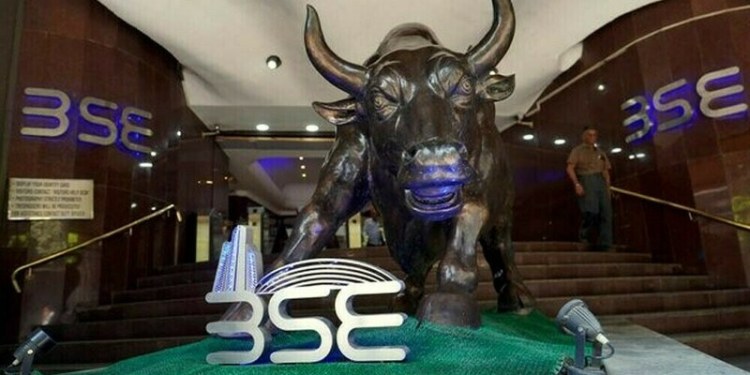NEW YORK: The dollar rose on Monday, building on two consecutive weeks of gains, as investors bet that trade war rhetoric and a strong US economy would continue to boost the greenback.
China proposed retaliatory tariffs on $60 billion worth of US goods ranging from liquefied natural gas (LNG) to some aircraft on Friday, as a senior Chinese diplomat cast doubt on prospects of talks with Washington to solve their bitter trade conflict.
Some analysts see trade tensions as beneficial for the US dollar as the economy is better placed to handle protectionism than emerging markets, and as tariffs may narrow the US trade
deficit.
“Trade tensions are very much dollar positive so I suspect that’s contributing to the dollar gains today,” said Erik Nelson, a currency strategist at Wells Fargo in New York.
Against a broad basket of currencies, the dollar was last up 0.24 percent to 95.369 and is within striking distance of more-than-one-year peak of 95.652 reached on July 19.
The dollar’s gains have been more pronounced against emerging-market currencies as investors bet that an escalation in trade war concerns would hit these export-oriented economies harder.
Chinese stocks slumped nearly 2 percent on Monday.
Since mid-April, the dollar index has gained 6 percent while an emerging-market local currency bond exchange traded fund has fallen more than 10 percent over the same period.
The greenback was also boosted on Monday by disappointing German data and concerns about the U.K.’s plan to leave the eurozone.
The euro fell to a five-week low of $1.1527 as German industrial orders fell more than expected in June, posting their steepest monthly drop in nearly a year and a half.
The single currency was last down 0.1 percent at $1.1555.
Britain’s pound sank to an 11-month low as comments by officials about a no-deal Brexit stoked fears Britain would crash out of the European Union without securing a trade agreement.
The main US economic focus this week will be Friday’s consumer price inflation report for July, which is expected to show a 0.2 percent increase in core inflation in the month, according to a Reuters poll.
Source: Brecorder



























